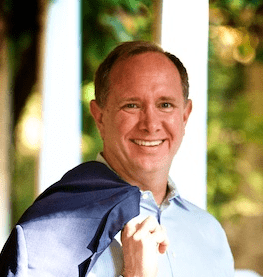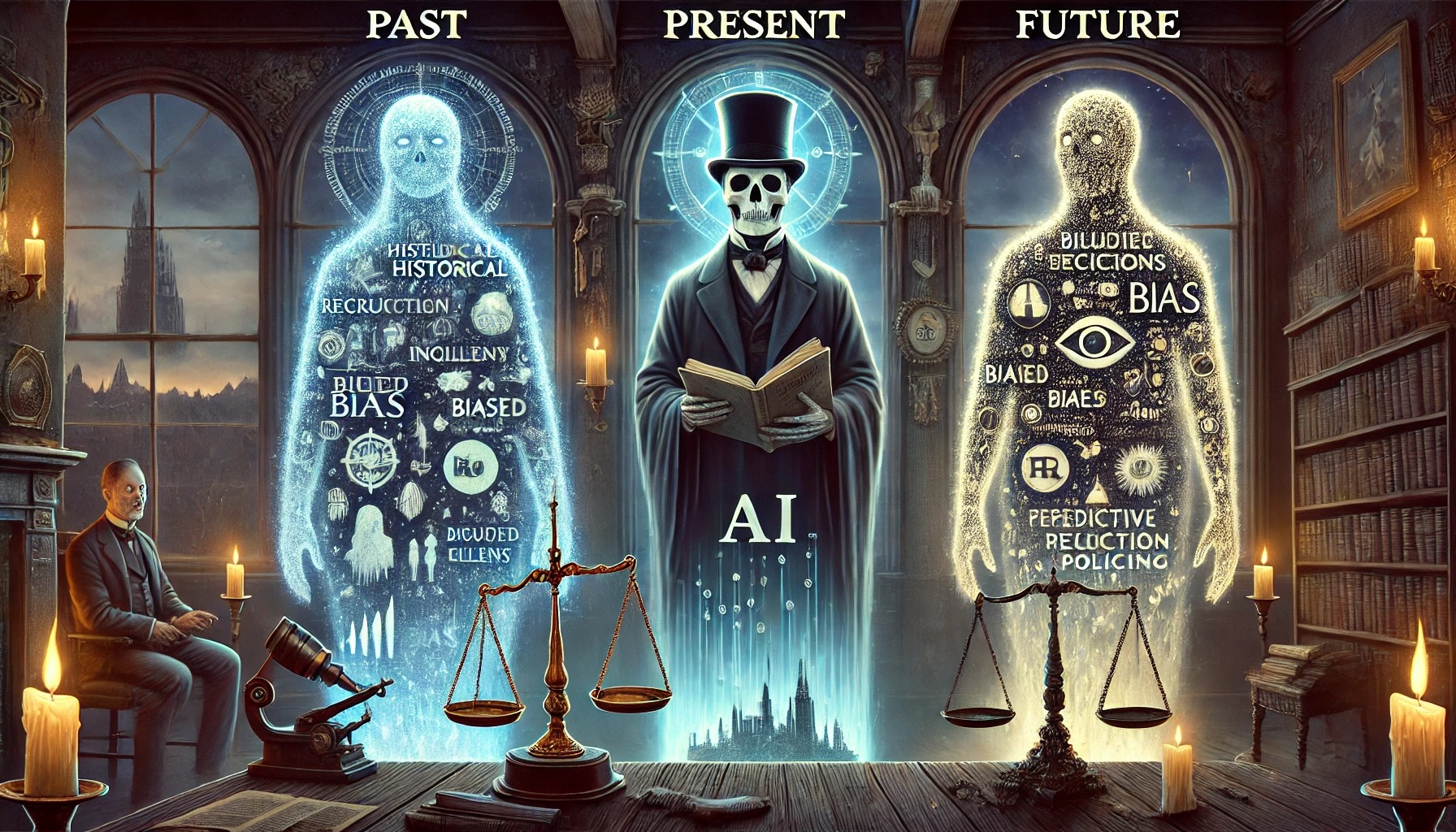Getting outside the US, provides a different perspective on the world and an incredible opportunity to reflect on life. I recently traveled internationally and had some time to reflect on this thing called “immigration.” For those with a distinct US bias (anyone born and living in the good ‘ol USA) going through immigration in another country can be an eye-opener. Here I am, with my wife and both children, being held up after 20 hours of travel because there was a missing photo on a single document. It was simultaneously irritating and humbling. It brought systemic biases and privilege screaming to the surface.

It got me thinking of how successfully “immigration” has been cast as having only one narrative in America. It’s a trope-gone-wild that associates “the border” or “taking a tough stance on immigration” immediately with fears of “the other” coming to take something.
How to Reframe Cultural Bias
It’s either ironically bizarre or strategically calculated that a solid percentage of a nation of immigrants is led to believe that immigrants are now the root of all evil. That all immigrants are villainous, violent, and vilified. Upon getting out of the info-bubble and being immersed in another culture, the single narrative seems more like an attempt to foster more fear and pander to some base of people that share the same fear.
💡How many immigrants are fathers? Are mothers? Are they traveling with their children?
💡How many immigrants are professionals? Highly educated and willing to start all over because they have no opportunity to build a life where they were?
💡How many are people looking to reunite with family already living in the US?
💡How many of the folks are just trying to pursue a dream?
There are specific views about immigration that don’t include these or other questions/considerations. Immigrants are more than those that do unwanted jobs (another more subtle stereotype that needs disruption). Some of these opinionated Americans forget that they don’t have to go back very far in their own family lineage to understand they are descendants of immigrants. It doesn’t have to be a zero-sum game.
Reflection on Personal Biases
 I realize I’m biased. I went through the immigration process with my wife 20 years ago. It infuriated me to no end to have my loved one not-so-subtly denigrated and referred to as an alien. When navigating the tumultuous waters of immigration with a loved one, the paperwork alone is insulting. And that doesn’t include the interview process. We joked about having an “alien marriage” and honeymooning in outer space. It took some of the edge off as humor can sometimes be healing.
I realize I’m biased. I went through the immigration process with my wife 20 years ago. It infuriated me to no end to have my loved one not-so-subtly denigrated and referred to as an alien. When navigating the tumultuous waters of immigration with a loved one, the paperwork alone is insulting. And that doesn’t include the interview process. We joked about having an “alien marriage” and honeymooning in outer space. It took some of the edge off as humor can sometimes be healing.
Sometimes we need to continue waltzing through the bureaucratic maze, with anger occasionally stepping on your toes but never stealing the spotlight for too long. Sometimes we need to look beyond the simple narrative as it often leads to unjust stereotypes. Especially when it comes to the intersection of culture and politics. Sometimes we need to get out of our information bubbles. Sometimes we need to step back from our social media echo chambers. Sometimes we need to get out of our comfort zone to be reminded of what we sometimes take for granted.

Percipio Company is led by Matthew Cahill. His deep expertise in cognitive, social, and workplace biases is rooted in the belief that if you have a brain, you have bias®. He works with executives to reduce mental mistakes, strengthen workplace relationships & disrupt existing bias within current HR processes, meeting protocols and corporate policies. Matthew has demonstrated success with large clients like LinkedIn, Salesforce and dozens of small to mid-size companies looking to create more inclusive workplaces, work smarter, generate more revenue and move from bias to belonging®.





